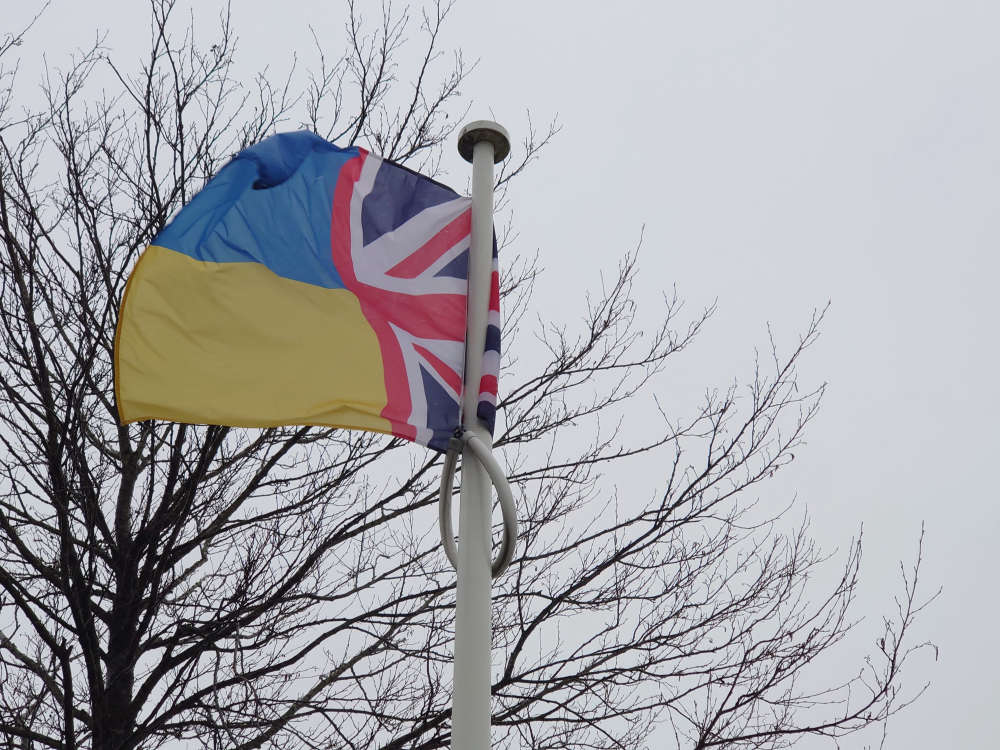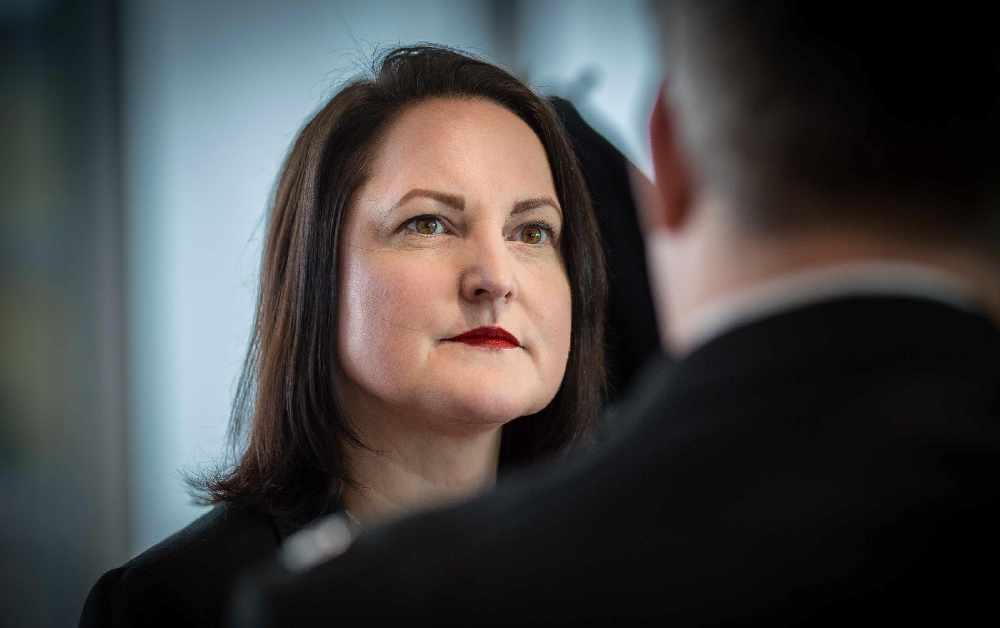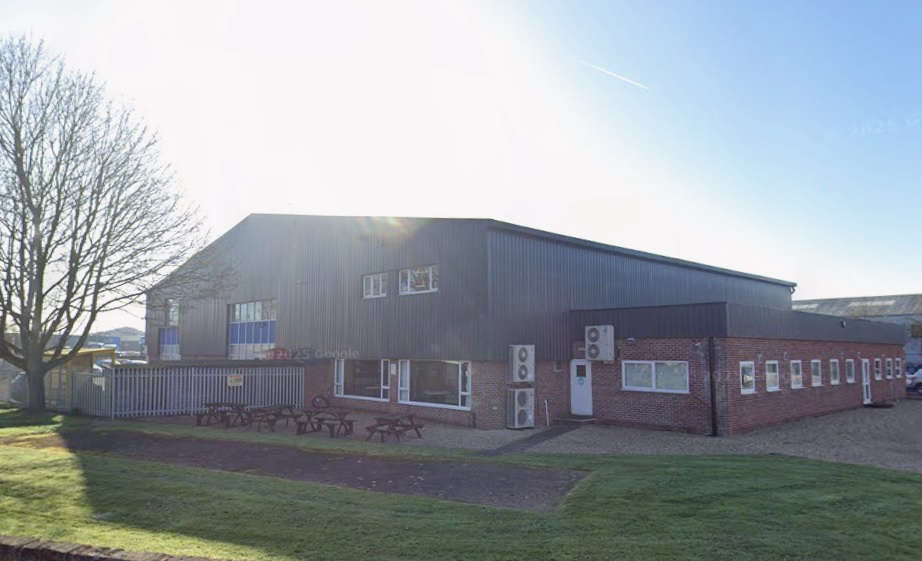
And more to come
More than 200 Ukrainian refugees have now been matched with households in Mid Devon.
The district council revealed on Wednesday [28 September] that 215 people now live in Mid Devon as part of the government’s ‘Homes for Ukraine’ scheme, with a further 21 confirmed to be arriving soon.
Under the terms of the Home Office programme, people who provide accommodation for Ukrainian refugees fleeing the Russian invasion are paid an optional £350 per month for up to a year.
Local authorities are given £10,500 for every Ukrainian housed in their area. Devon County Council keeps £4,200 of this with the remaining £6,300 available to district authorities to fund activity to support the scheme.
Mid Devon’s main role is inspecting properties that residents offer. As the ‘upper-tier’ authority, Devon County Council is responsible for carrying out criminal record checks on people who make their homes available.
Speaking at this week’s homes policy development group meeting, council officer Simon Newcombe said the 215 guests were spread across 92 properties in the district, predominantly in rural areas, and that the total would shortly rise to 236 people in 113 homes.
The majority of the refugees are women and many are of working age, while there are 85 children and seven pensioners.
Mr Newcombe said the total number in the district had “grown significantly” over the last few months, which was “reflecting the situation in Ukraine.”
He added: “It’s very much settled down, unfortunately, into a war of attrition in Ukraine. There’s areas of the country that have remained relatively stable in recent months where people are opting to stay put, and there are areas of the country very much in a war zone where we’re still having families come to us.”
With the scheme now reaching the six month point for some of the initial arrivals, the minimum time sponsors had to offer accomodation, Mr Newcombe said councils in Devon were shifting their focus to how the refugees could be helped to settle in the area longer-term.
He confirmed a combined resettlement policy is being implemented through the Team Devon partnership of local authorities.
“The last thing we want is one district offering very, very favourable support and another just not offering anything at all, Mr Newcombe said. “All we’ll do is draw people across boundaries and add to a problem in one area and take it away from another.
“[There’s] no point in us doing that, so it’s a level playing field for Devon. A Team Devon approach.”
The policy, which has been mutually agreed, is about “effective transition into settled accommodation” and avoiding temporary emergency accommodation, Mr Newcombe added.
It includes encouraging current hosts to stay in the scheme by increasing their monthly payments depending on their number of guests. Longer-term, it is looking at providing grants to move people into private rental properties.
In addition, a list of registered hosts not currently housing a guest is being created if individuals or families need to move around the district, such as for work.
The policy is fully funded from the Homes for Ukraine money provided by the government and can be rolled over to the next financial year.
 NHS drone trial flies into Cornwall
NHS drone trial flies into Cornwall
 Two arrested after Plymouth car theft
Two arrested after Plymouth car theft
 Police commissioner resigns from Tories
Police commissioner resigns from Tories
 Gas off in 4,600 South Hams' homes as temperatures plummet
Gas off in 4,600 South Hams' homes as temperatures plummet
 Former factory could become a church
Former factory could become a church
